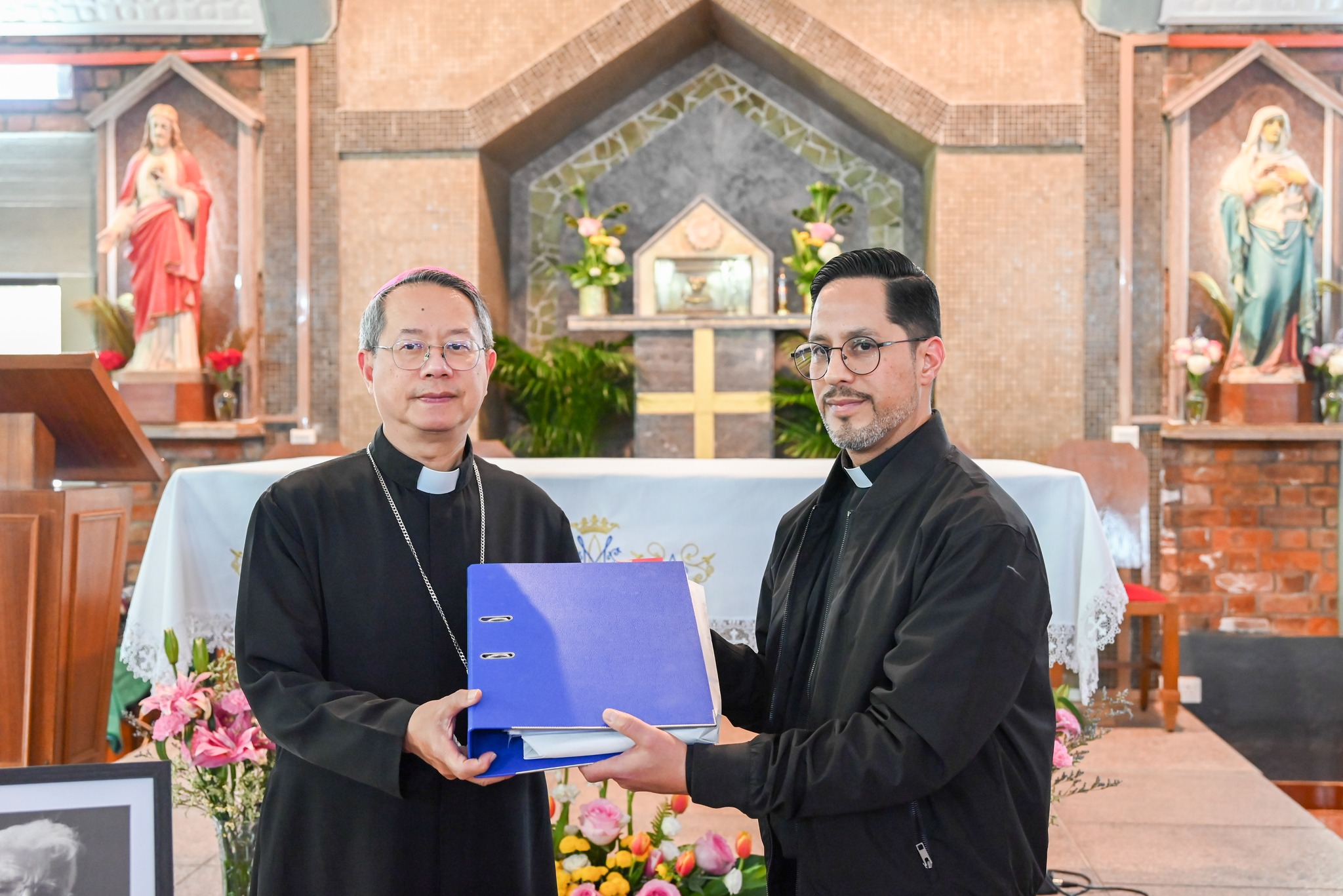Fausto Gomez OP
Pope Francis’ social encyclical “Fratelli Tutti” (all brothers, FT 2020) is “on Fraternity and Social Friendship.” The general purposeof the papal text (eight chapters, 287 numbers in 187 pages) is to contribute to the development of a global community of fraternity, which leads to the practice of social friendship, in the service of the common good. Fraternity is the key word of the social encyclical, and its core element is love in the global city, or social charity.
FRATERNITY
Human beings are by nature individual persons and social beings, members of the human community or family, creatures of nature, which is the common home, and creatures and children of God. The brotherhood of all human beings is a first principle of natural law, the law of human nature, that is the law of being human, which is articulated in the Golden Rule in its two formulations: the negative formulation, Do not do to others what you do not want others do to you, and the positive formulation, Do to others what you want others do to you (cf. Mt 7:12; Lk 6:31).
We humans have an innate sense of fraternity, afraternity that embraces all human beings, unites them and renders them equal. Fraternity feeds true freedom, equality and solidarity. We humans are all equal in dignity and rights: no first and second class citizens; no masters and slaves. We are in the same boat and can only be saved by helping each other, as it is becoming dramatically clear in the face of the terrible pandemic caused by Covid-19. We are all brothers and sisters hooked to networking. Building fraternity locally and globally requires authentic encounters, and true dialogue: love.
The freedom of market economy does not make all equally free. Individualism does not make us truly free and equal and fraternal. One-dimensional uniformity, extreme globalization, and cultural universalism do not respect equality in dignity because it excludes enriching cultural differences and approaches.
We were created to fulfill our longing for happiness, a longing that can only be partly but truly realized in the acceptance and practice of universal fraternity. Hence, we cannot be indifferent to the sufferings of others, to the exclusion of some – or many – of our brothers and sisters from the banquet of life. Truly, to flourish as human persons we need to encounter others in love, with an authentic love that includes justice, a justice that promotes universal and fundamental human dignity and rights. Pope Francis tells us: “Every person deserves our love”; “We are called to love everyone, without exception; at the same time, loving an oppressor, however, does not mean allowing him to keep oppressing.” Certainly not!
FRATERNAL LOVE
Love means to be open to others, and to wish and do good to all others. Not only open to a small group – our family, our friends, our town mates – but to the larger human family, to all others. Only love gets us out ourselves and opens us to others. This loving universal openness impels us towards universal communion that empowers us all. Pope Francis quotes Thomas Aquinas who says that love makes the other dear to me. An all-encompassing love of neighbor is the first step towards universal integration
The practice of love for others makes fraternity and social friendship possible. True love makes us see the other as our brother/sister. Genuine fraternal love leads to communion, friendship, solidarity, and compassion. Only with fraternal love, can we build an authentic social friendship that recognizes, protects and restores the dignity of our brothers and sisters, of “the impoverished and vulnerable sectors of society.”
The Argentine Pope underlines that the common good, which is the object of justice and solidarity, requires us to love our roots, land, people and culture, and be open to others. A local narcissism that builds walls against others is not “a healthy love.” Authentic human love and social charity build bridges of friendship and compassion.
Charity, or theological love, as lived and taught by Jesus is the soul of social, political and economic commitment. It is not just a personal virtue, the virtue of interpersonal relations, but also a social and political virtue that makes us “love the common good.” Social charity is the soul of the social, political, economic and cultural order. Through its practice, we walk towards a “civilization of love.” Pope Francis says beautifully: “The gaze of charity is like the spiritual heart of politics.” True human love/social charity is necessarily connected with truth: human love and charity need the light of truth, that is, the light of reason and faith.
God our Creator created us to “love one another”: “Without an openness to the Father of all, there will be no solid and stable reasons for an appeal to fraternity.” God is our Father and as Jesus says, “You have one Father – the one in heaven” (Mt 23:9): we are all brothers and sisters called to form a community where we accept and care for each other. Love for one’s neighbor is the synthesis of the entire law (cf. Mt 22:36-40). The Parable of the Good Samaritan invites us to be a neighbor to the wounded on the road of our life.
For believers, for Christians, love – fraternal love – is the supreme law, the Golden Rule: “Love your neighbor as yourself,” that is, with a charitable love which is an unconditional love. God One and Triune is love (1 Jn 4:8). Charity means God’s love in us through Jesus in the Holy Spirit. For us, Pope Francis writes, “the wellspring of human dignity and fraternity is in the Gospel of Jesus Christ.” Moreover, for us, “the journey of fraternity has a Mother whose name is Mary”
The Church, the community of faith, hope and love, works for universal fraternity byaccompanying life, sustaining hope, working for unity, building bridges, breaking down walls, sowing seeds of fraternal reconciliation.


 Follow
Follow


